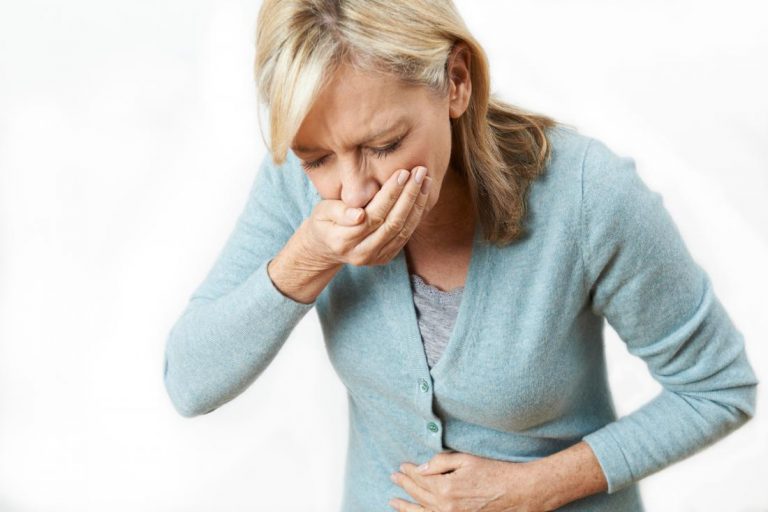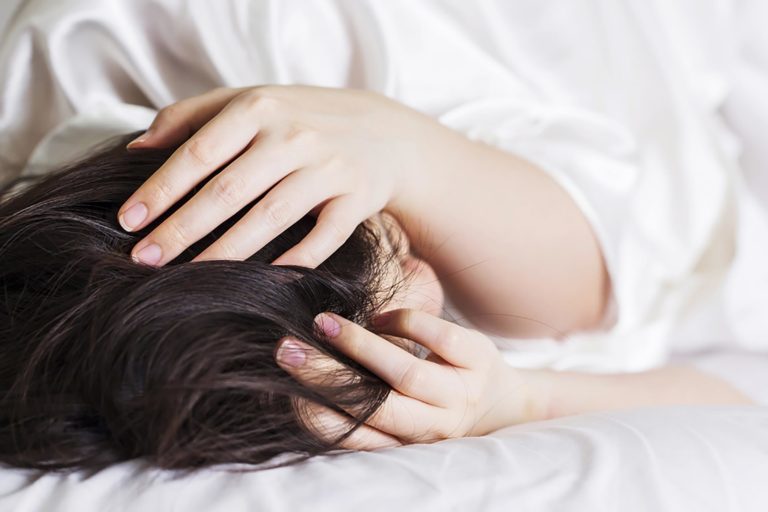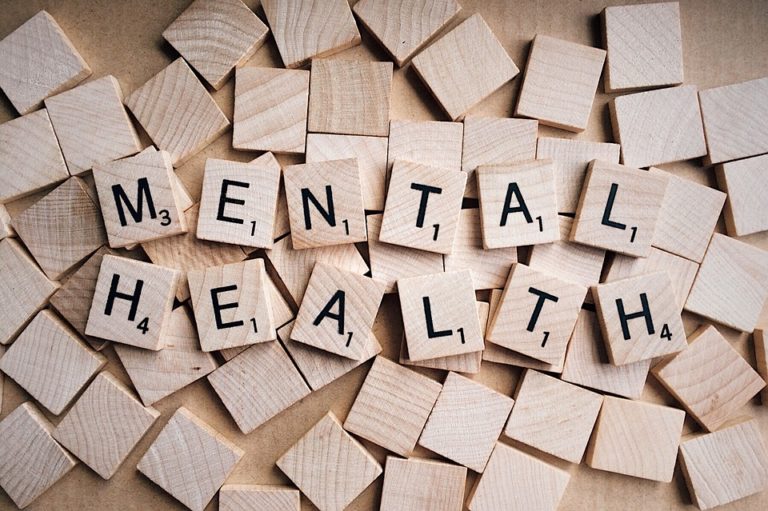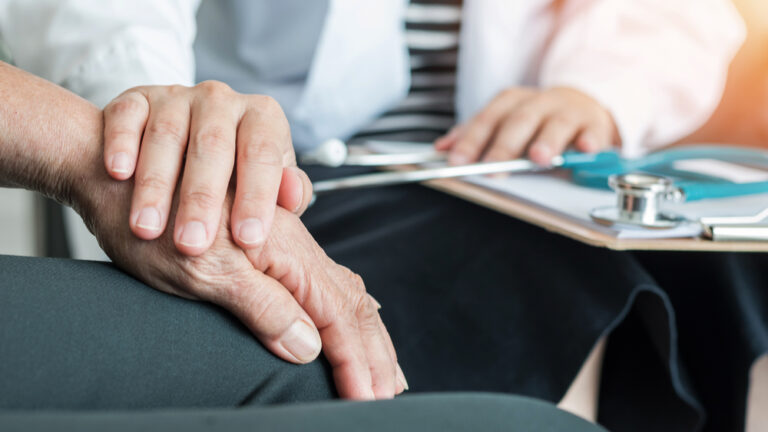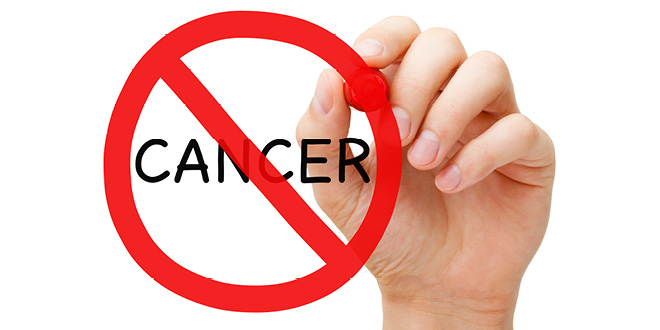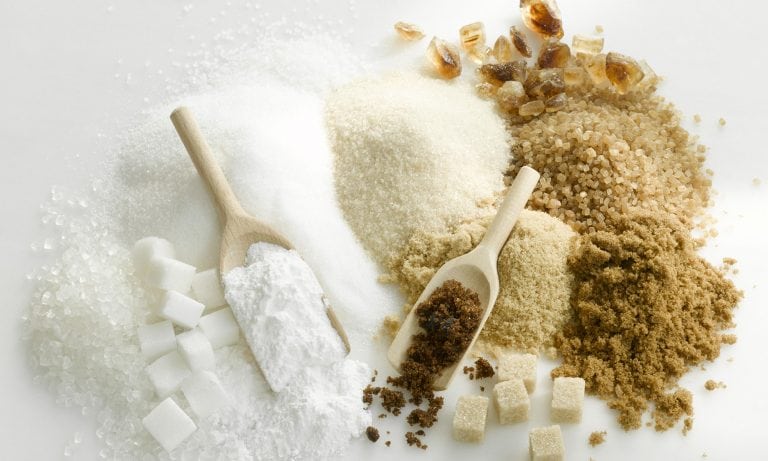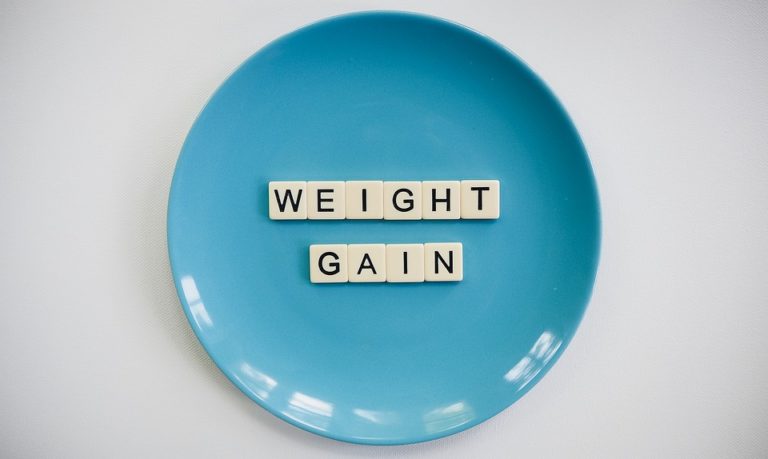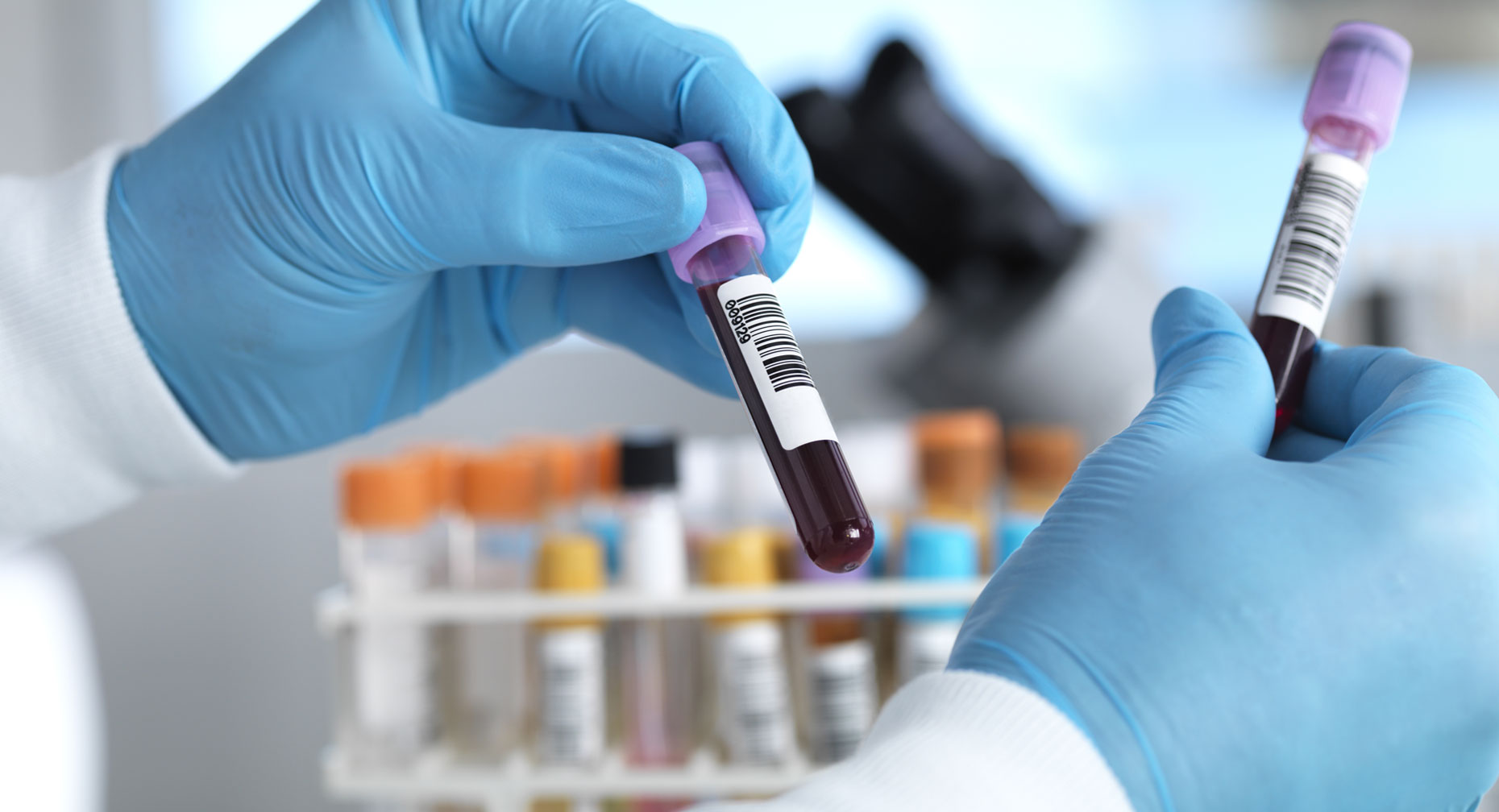
Anemia is defined as the condition of not having enough healthy red blood cells to carry oxygen throughout the body, and there are many, many forms of it. There are also many types of anemia symptoms.
Some people, like those suffering from conditions like sickle cell anemia or thalassemia, are anemic from birth; their bodies genetically inherit difficulty producing red blood cells or specific parts of red blood cells. But the greatest portion of the approximately 3.5 million Americans suffering from anemia become anemic over time through not consuming enough iron or vitamin B12, both of which, along with folate, are necessary for the production of healthy red blood cells.
You’re short of breath or dizzy often
Without enough iron or vitamin B12, the body cannot produce enough of a specific type of protein called hemoglobin, which is crucial to the functioning of red blood cells. Hemoglobin, which is so rich with iron that it gives blood its red color, allows oxygen to bond to the cells so the cells can carry it in the bloodstream throughout the body.
When there isn’t enough iron or vitamin B12 to create adequate amounts of hemoglobin, some parts of the body will not receive the oxygen they need. The result: Some anemia symptoms are that you’re out of breath easily and sometimes getting so little oxygen to your head that you feel dizzy or lightheaded.
You’re tired
University of Chicago Associate Professor of Medicine Andrew Artz, MD, says one of the most common (and prominent) anemia symptoms is a general feeling of exhaustion. ‘Fatigue is the predominant symptom,’ Dr. Artz says. ‘The challenge of the symptom of fatigue is that every person has a different experience of how they notice it. Some will simply feel more tired; others will feel it with activity.’
The tiredness is caused by the same process that leads to shortness of breath and dizziness: Without enough iron or vitamin B12, there’s not enough hemoglobin, and without enough hemoglobin, there’s not enough oxygen to fuel the body.
Your skin is looking more pale
If you don’t have the healthy red blood cells to fuel your organs with oxygen, you can’t expect your largest organ (your skin) to look healthy. Without iron or vitamin B12, there might not be enough blood supply to the skin, resulting in a paler, and even sallow-looking, exterior, according to the U.S. National Library of Medicine.
You feel pain in your chest
When there are fewer healthy red blood cells circulating, the heart has to work even harder to move them through the body. As a result, the heart beats faster than normal and you may start to feel the strain as chest pain. This is not a problem to dismiss, especially if you have other heart problems. The National Heart, Lung, and Blood Institute reports that when your heart has to work harder, it can lead to irregular heartbeats, a heart murmur, an enlarged heart, or even heart failure.
You eat a vegan diet
Because iron is in soy beans, dark green leafy vegetables, and tofu in addition to lean red meat, vegans and vegetarians can still consume the amount of iron their body needs. However, Chicago-based dietitian Allegra Burton says it’s impossible to get vitamin B12 from plant sources. As a result, the only way for those with vegan diets to consume an adequate amount of vitamin B12 is to regularly take a supplement, something she recommends all vegans do.




